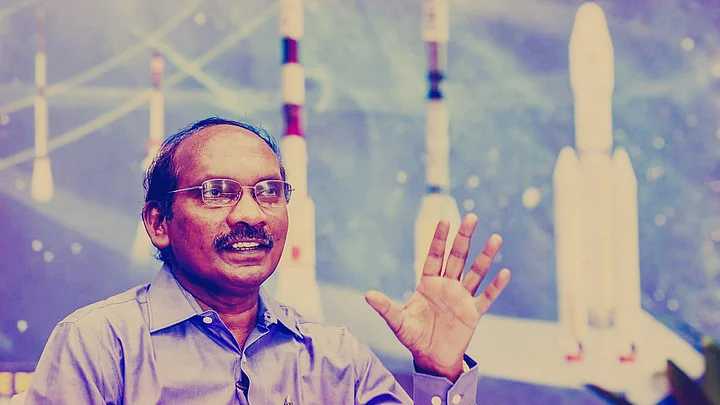Indian Space Research Organisation (ISRO) on Saturday has said that it has not been successful in contacting Chandrayaan-2 lander 'Vikram'. In such a situation, the possibilities of contact with the Lander are being considered to be over.
K Sivan, ISRO Chief said the part of the moon, where the lander Vikram is located, the night has started from early Saturday. He added that after nightfall on the moon, lander 'Vikram' would not have sunlight to generate power. In addition to that, there will also be a lot of cold during the night and ' Vikram ' was not designed to work in such conditions.
The lander 'Vikram' was going to make a soft landing in the southern polar region of the moon on the intervening night of 6 and 7 September, but 'Vikram' had lost contact with ISRO at a distance of 2.1 km from the lunar surface.
However, the ISRO Chief said the Chandrayaan-2 mission has achieved 98 percent of its objectives.
“Chandrayaan-2’s orbiter is working very well. The orbiter has eight instruments in the orbiter and each device is doing exactly what it meant to do”, said Sivan.
Speaking on the next objective for ISRO, Sivan said the next priority is the Gaganyaan mission.
“As far as the lander is concerned, we have not been able to contact it. Our next priority is the Gaganyaan mission,” ISRO Chief said.
In addition to focusing on the next mission, he also informed ISRO will try to analyse and understand what really happened with the Vikram lander, especially during its final stage of descent.
We are trying to set the target of achieving this mission by the next year. For this, we are working on different options. But first of all, we have to understand what really happened to the lander. This is our first priority now.K Sivan, Chief, ISRO.
The lander 'Vikram' was going to make a soft landing in the southern polar region of the moon on the intervening night of 6 and 7 September, but 'Vikram' had lost contact with ISRO at a distance of 2.1 km from the lunar surface.
Chandrayaan-2 mission kicked off on 22 July from Sriharikota and was able to complete most of its tasks, except for the soft landing on the South pole region of the Moon. This would have made India the first country ever to land on this lunar region.
(At The Quint, we question everything. Play an active role in shaping our journalism by becoming a member today.)
